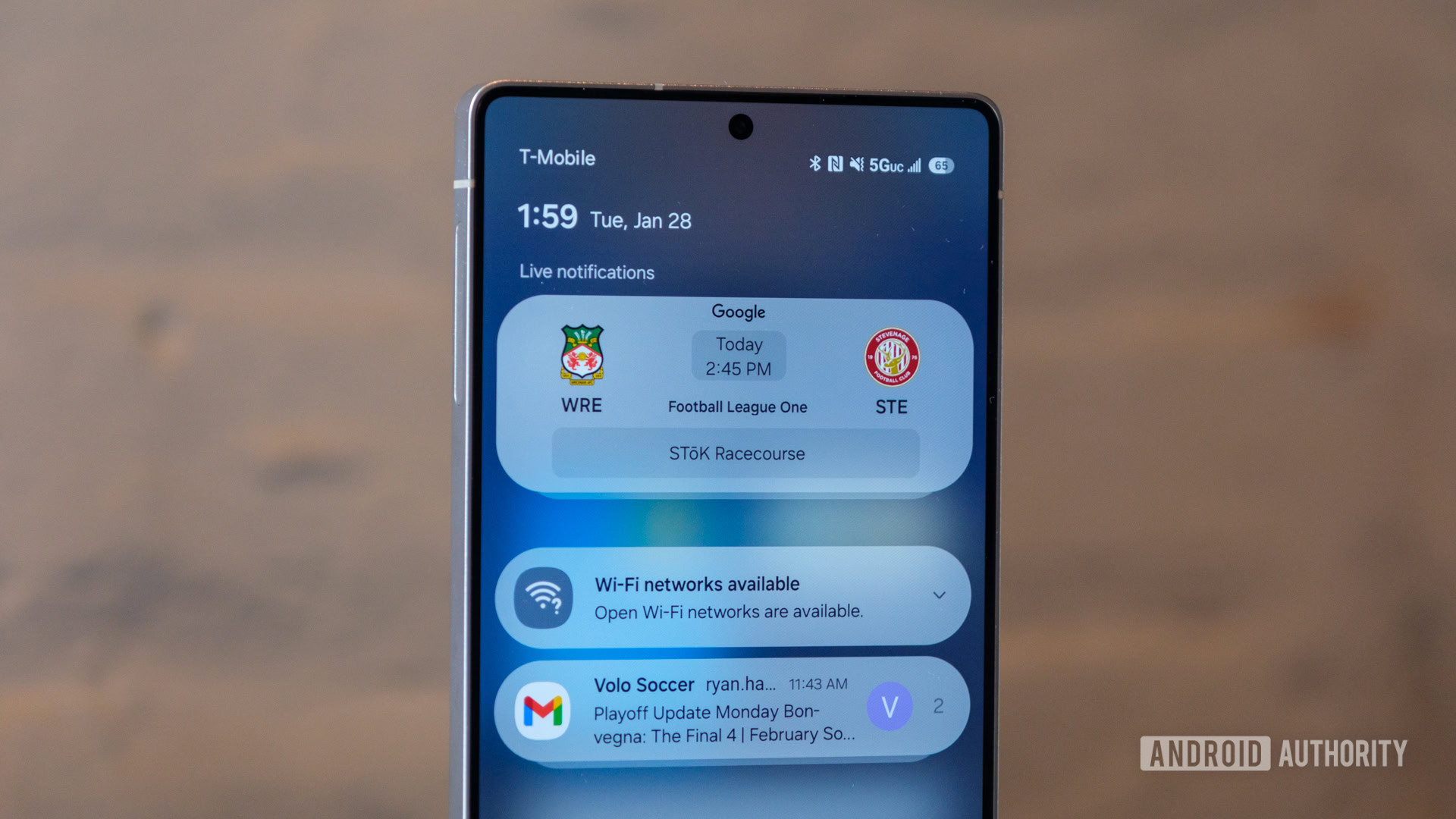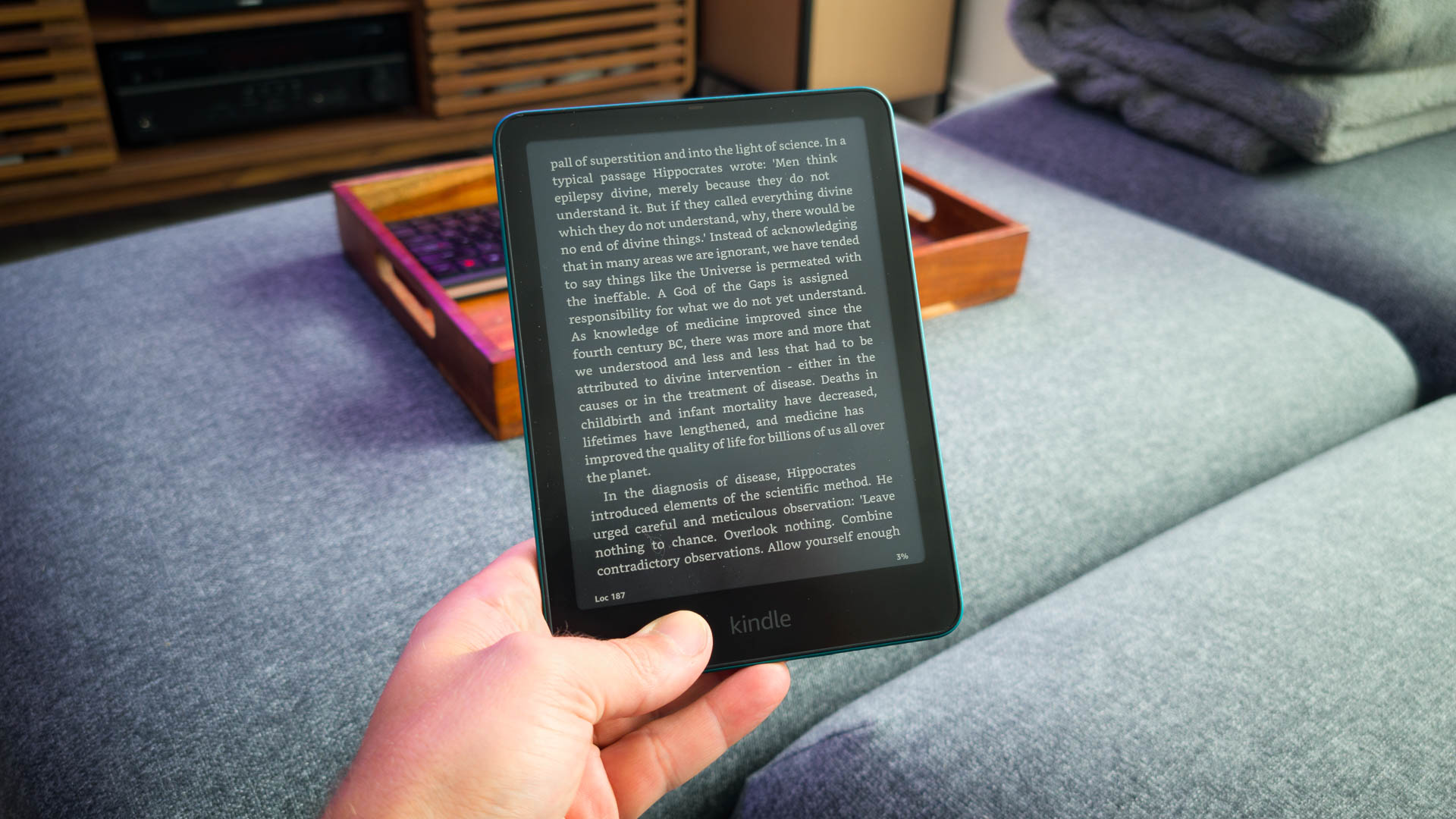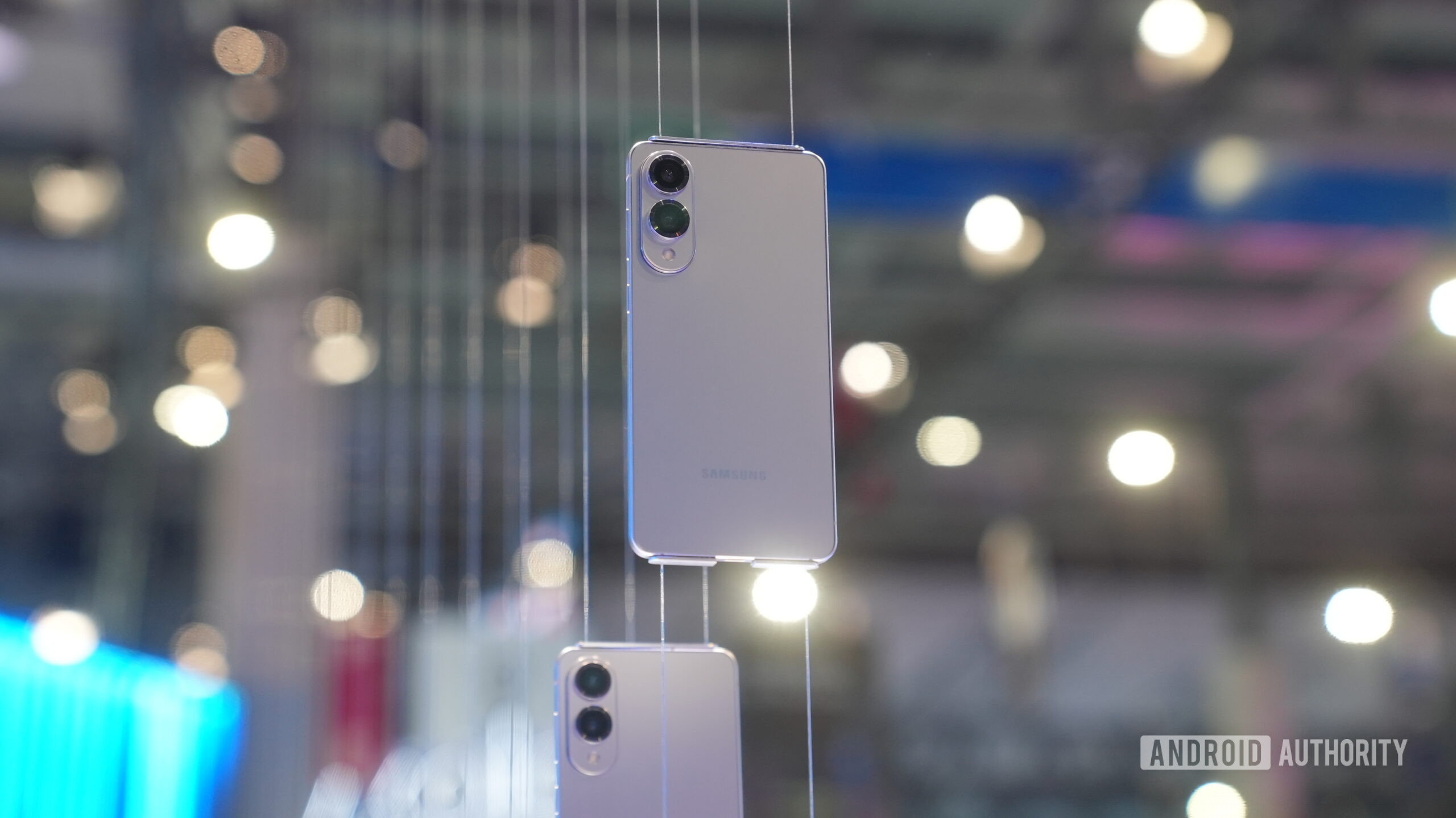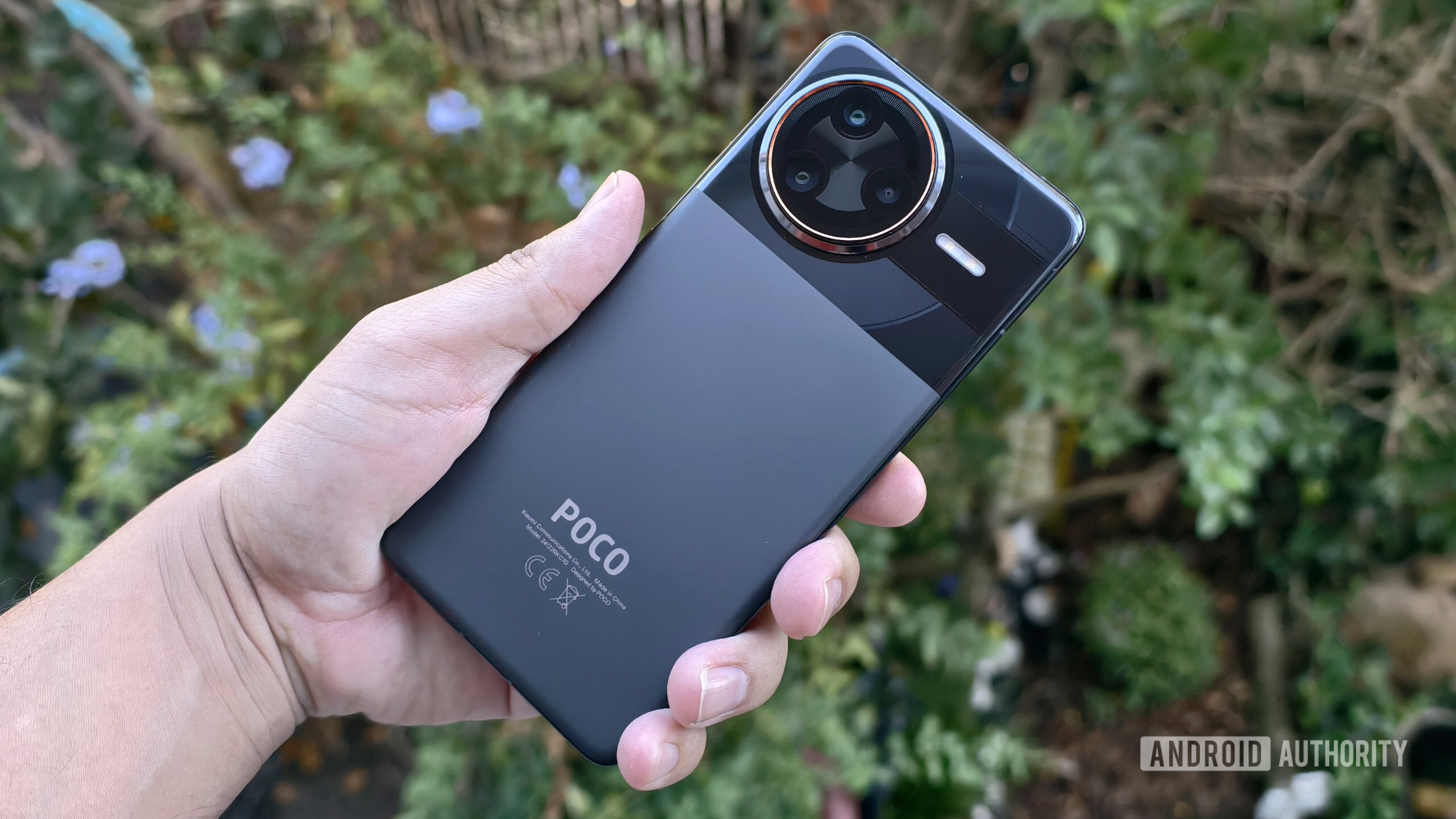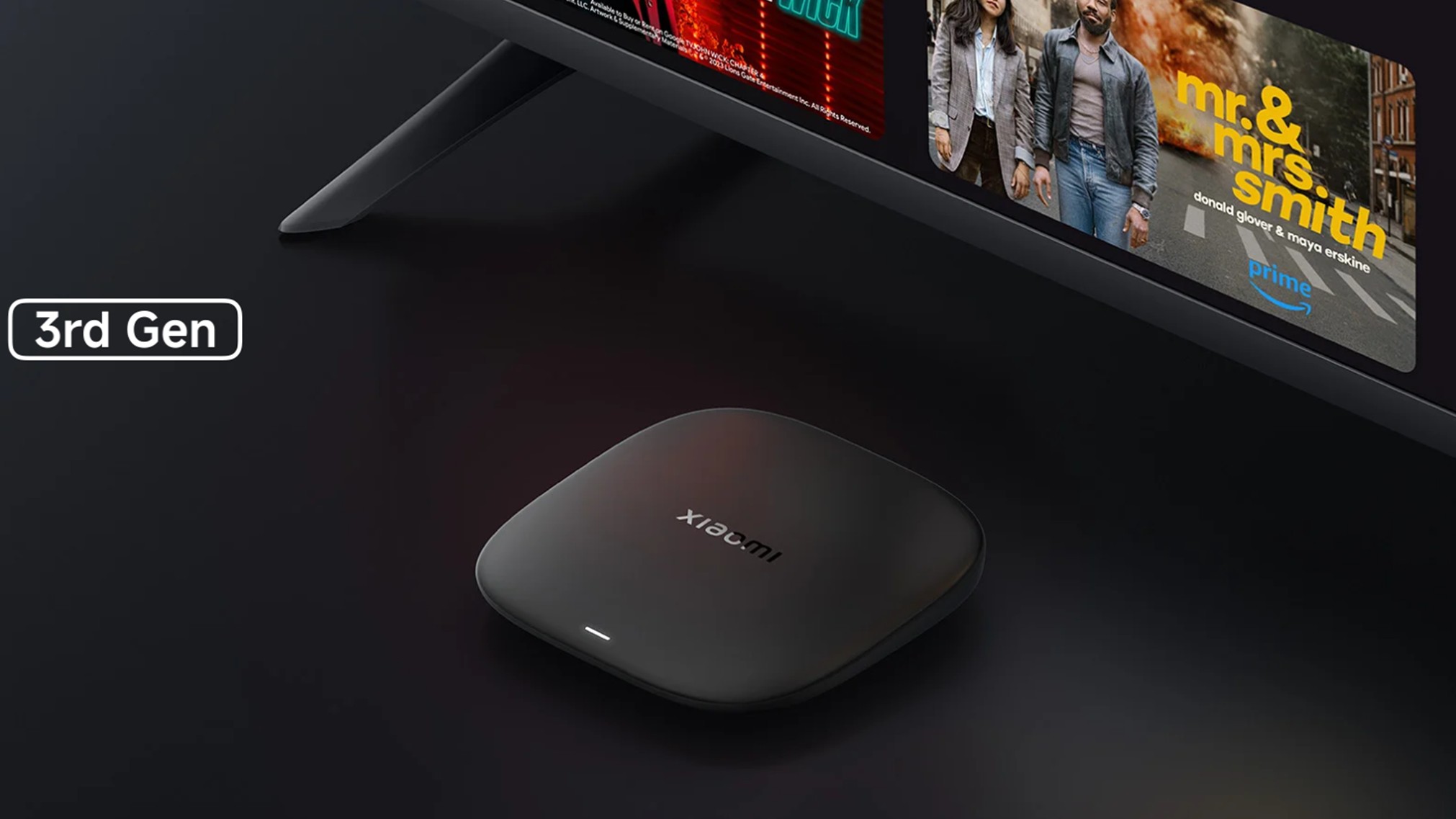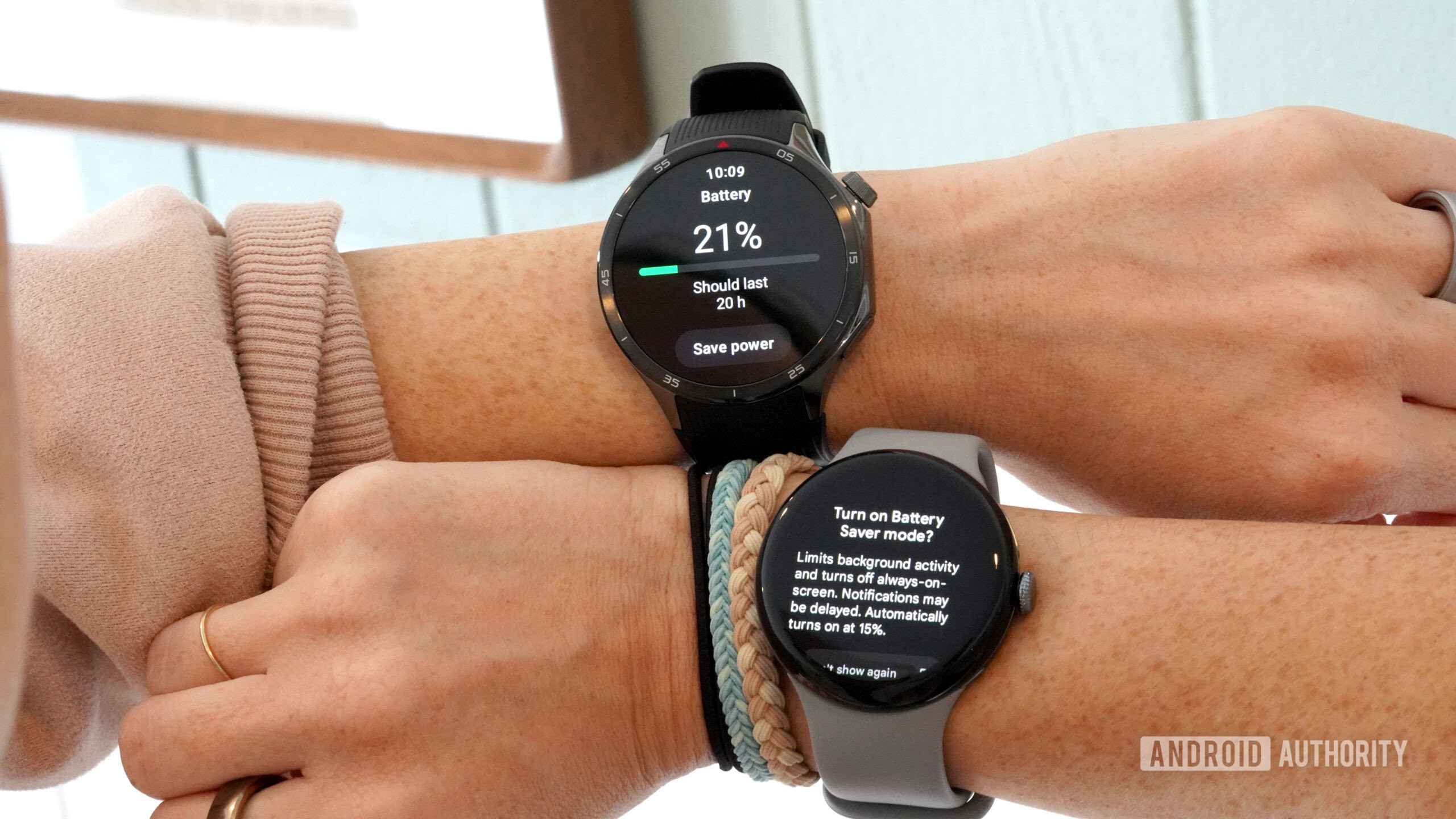Affiliate links on Android Authority may earn us a commission. Learn more.
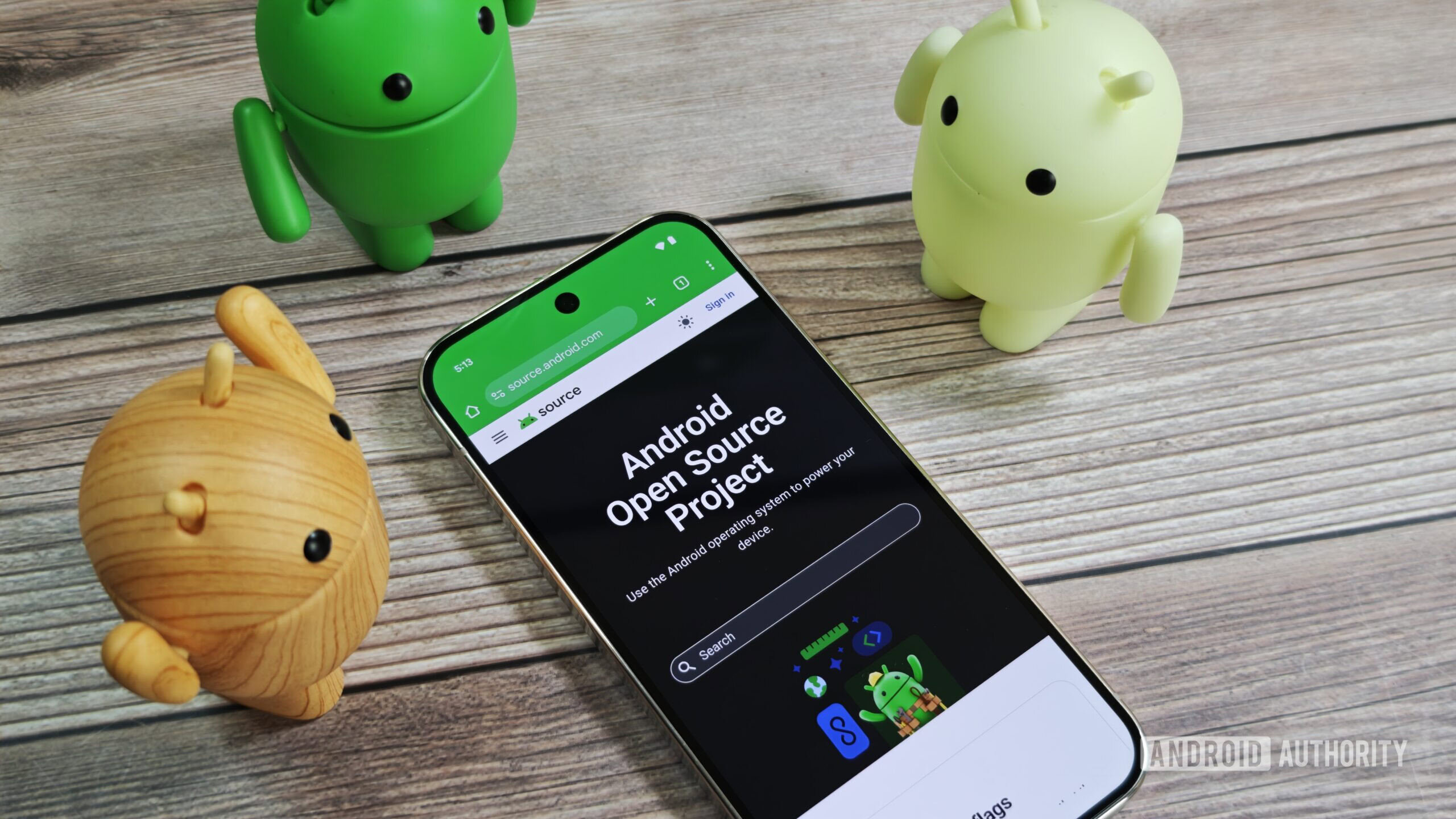
News
Exclusive: Google will develop the Android OS fully in private, and here’s why
0
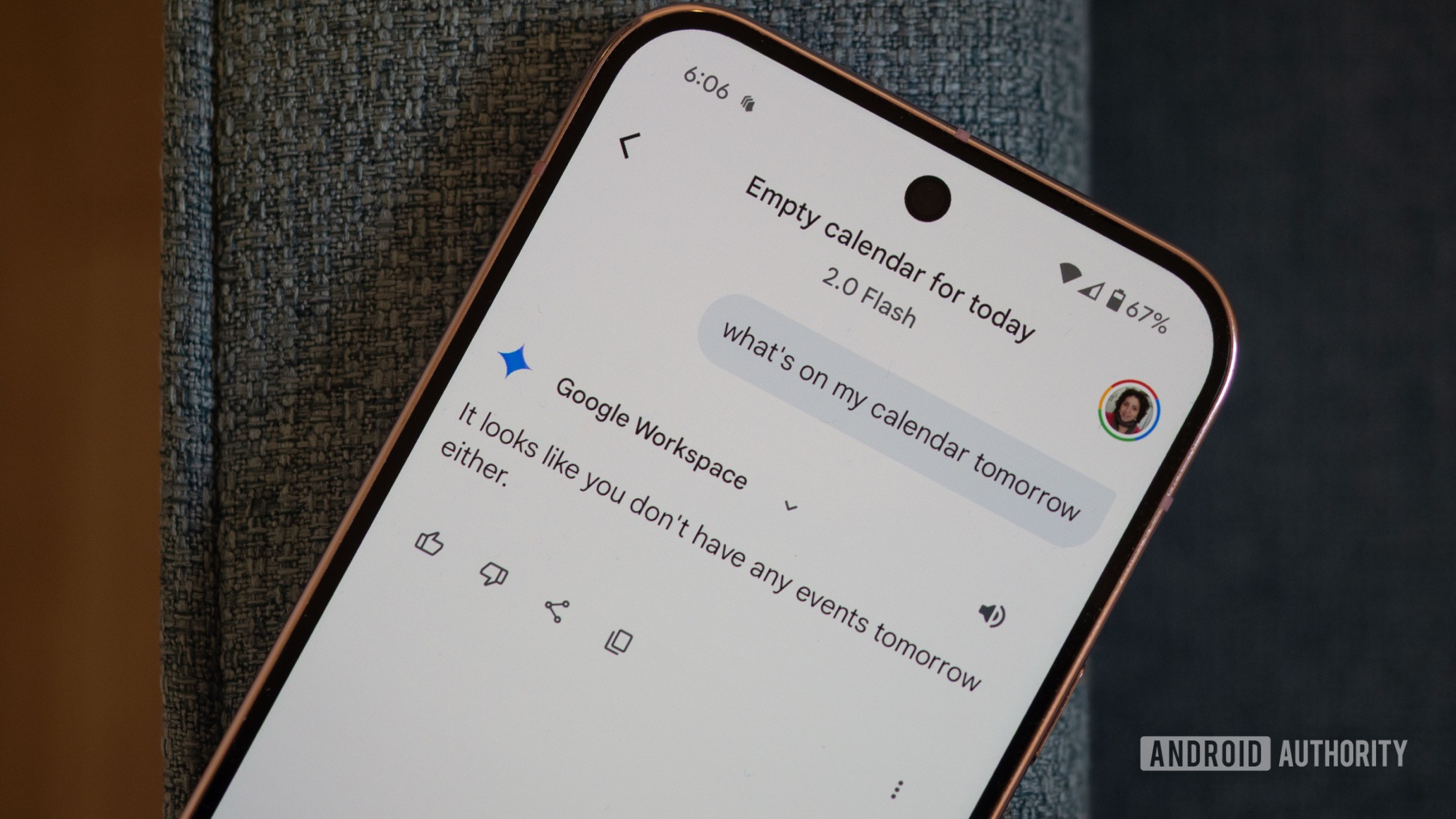
Features
This dumb Gemini limitation makes me want to switch back to Google Assistant
0
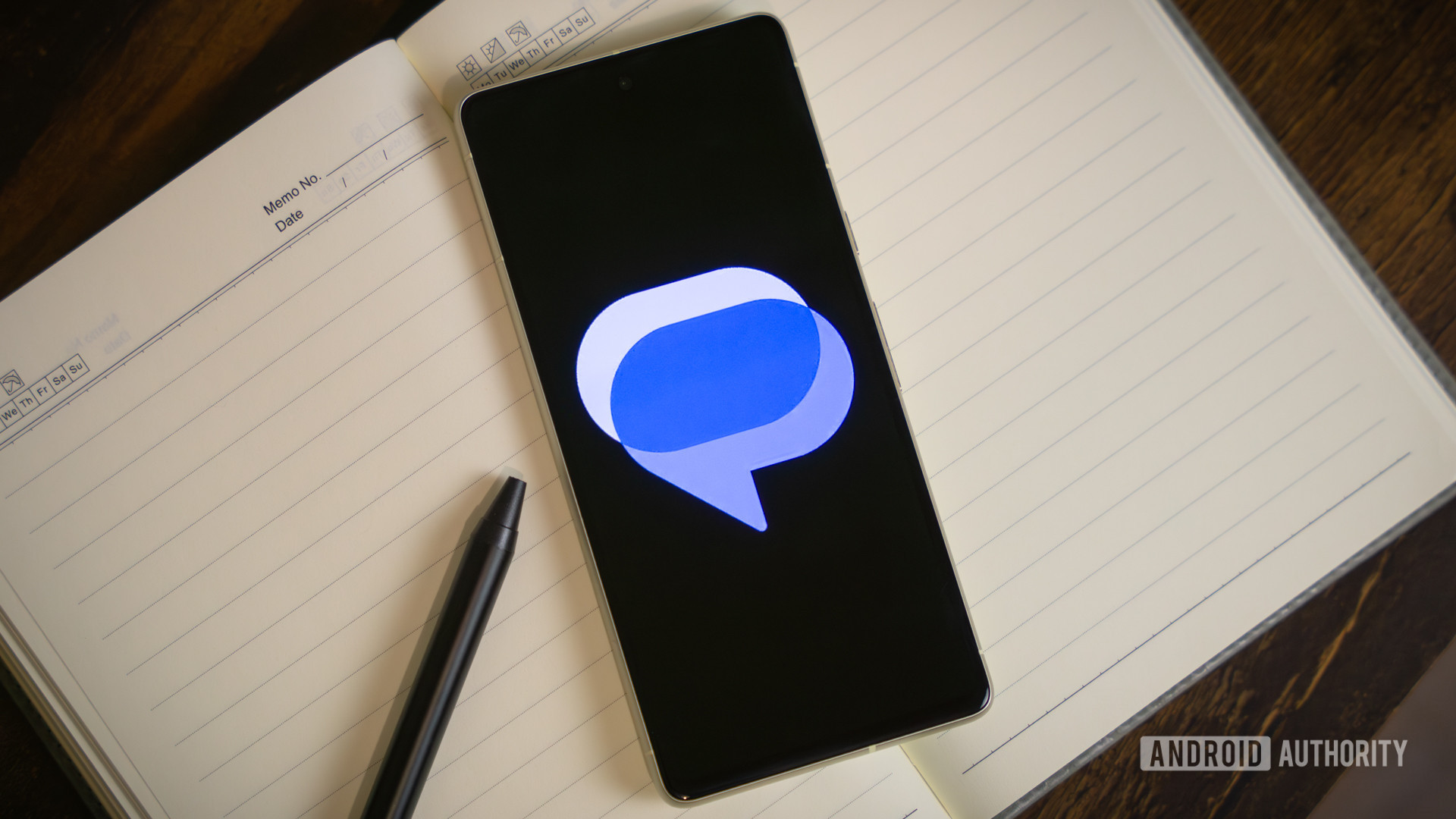
News
Google Messages now lets emoji trigger Screen Effects animations (Updated)
0
Top stories
In case you missed it
More news
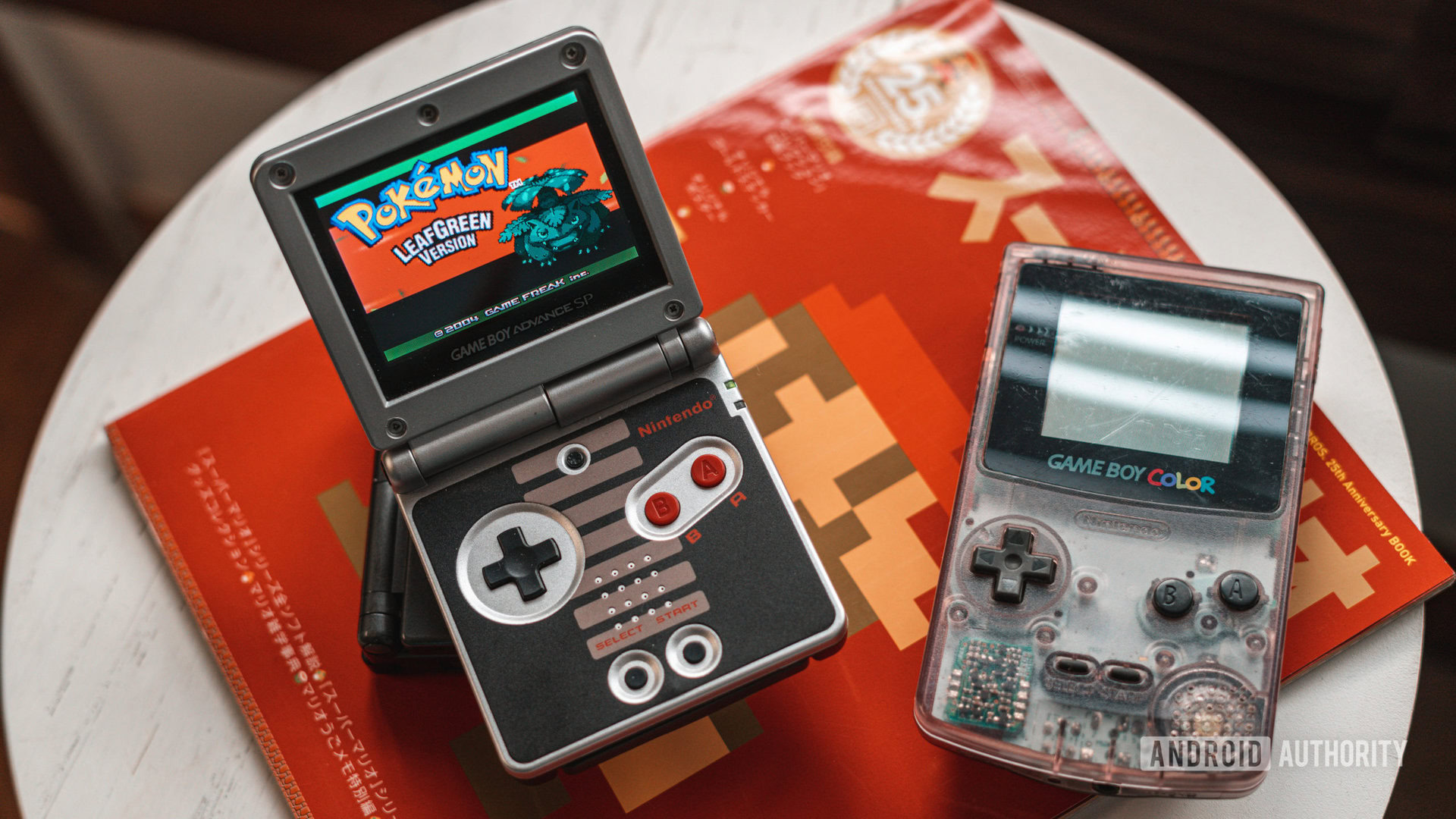
Ben PriceMarch 26, 2025
0
The best Game Boy Advance emulators for iOS
5 best SEGA Mega Drive, and SEGA CD, and SEGA Genesis emulators for Android
Joe HindyMarch 26, 2025
0
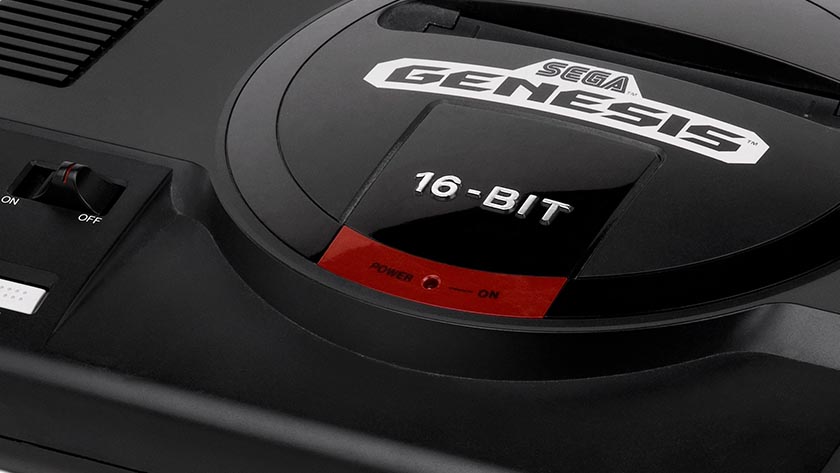
The best terminal emulators for Android
Joe HindyMarch 24, 2025
0
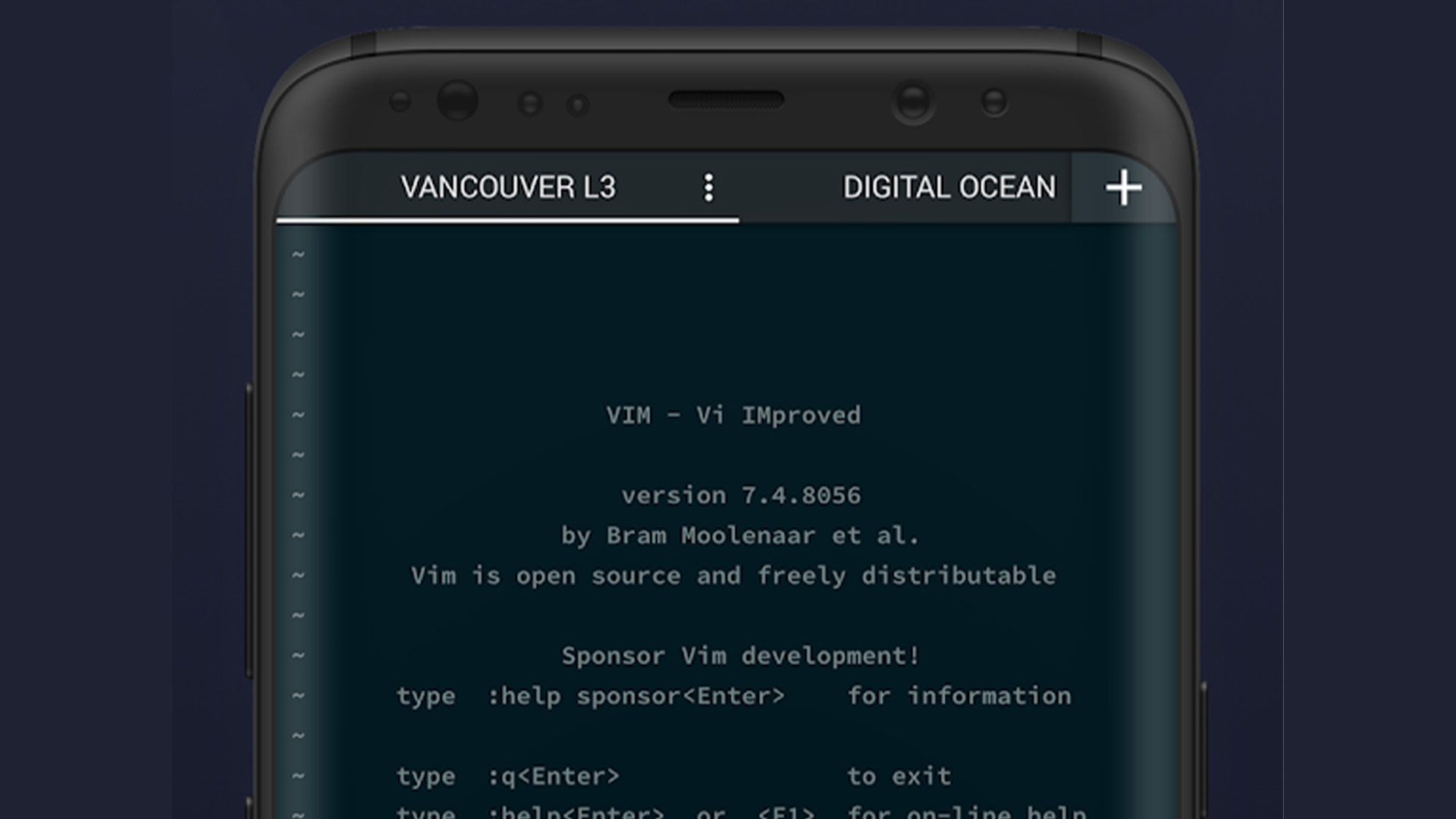
These are the apps I can’t live without when traveling
Mitja RutnikMarch 22, 2025
0
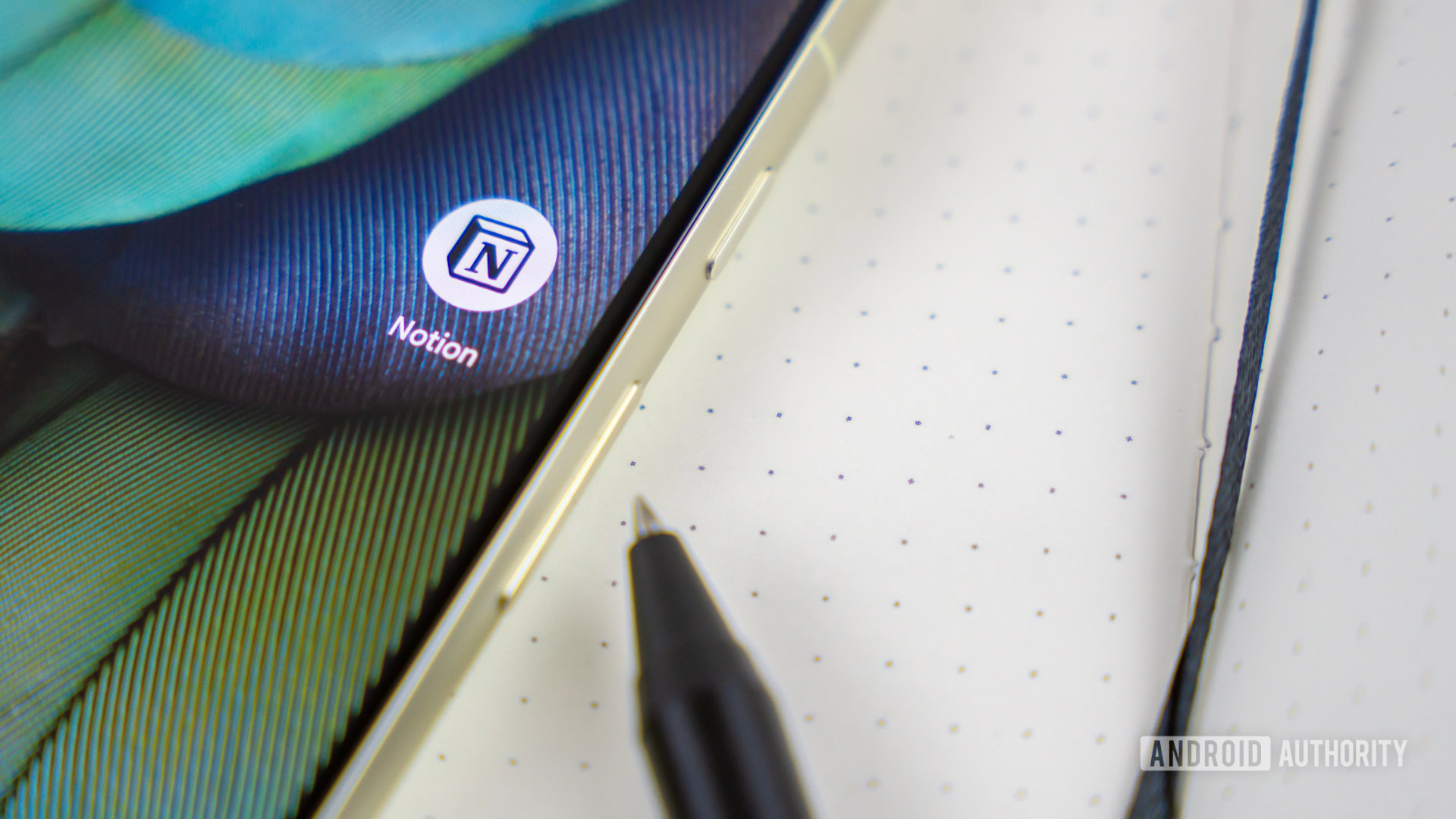
Google TV Streamer problems and how to fix them
Andrew GrushMarch 19, 2025
0
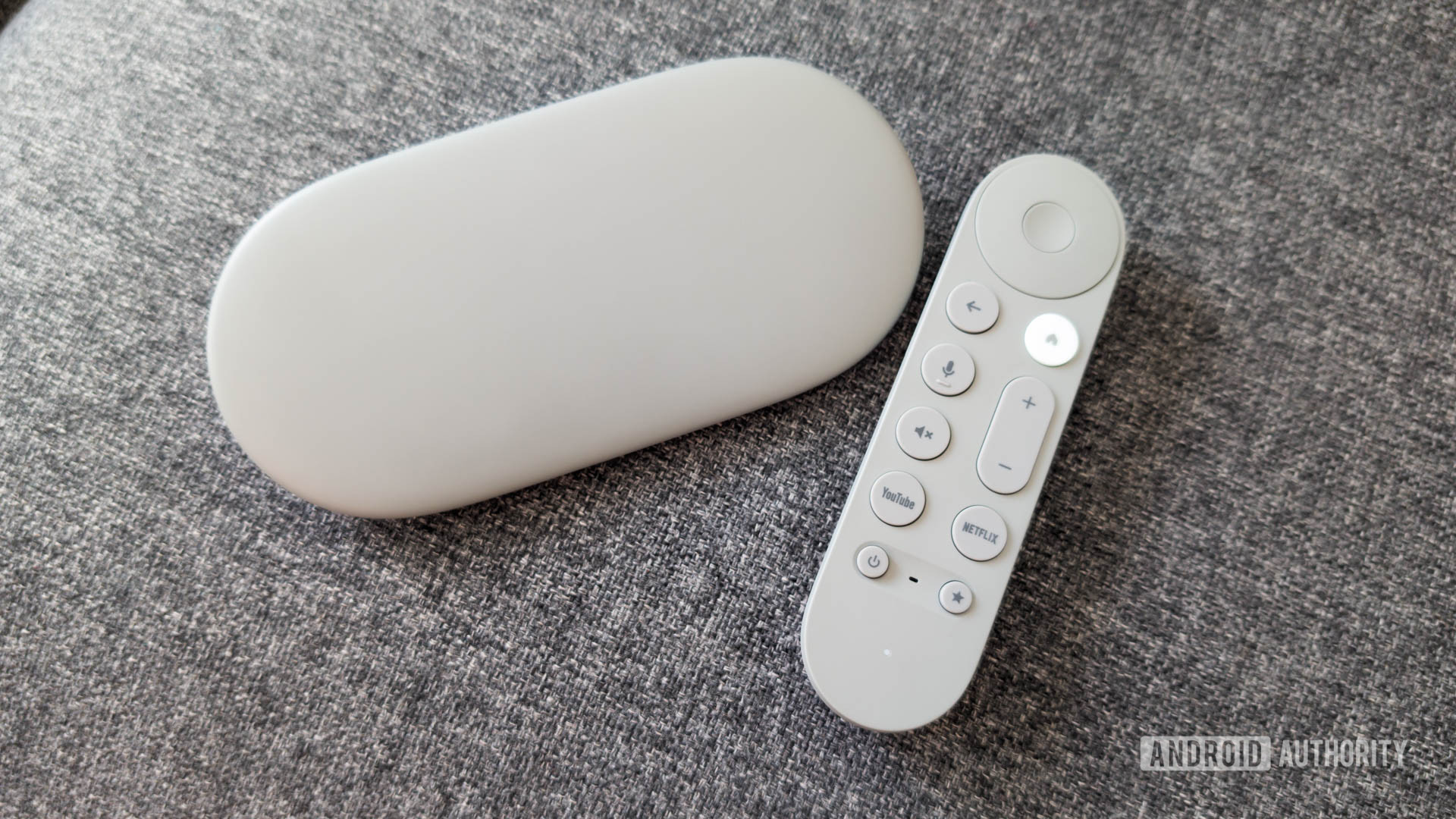
Here's an early look at Samsung's official Galaxy Tab S10 FE accessories
Pranob Mehrotra5 hours ago
0
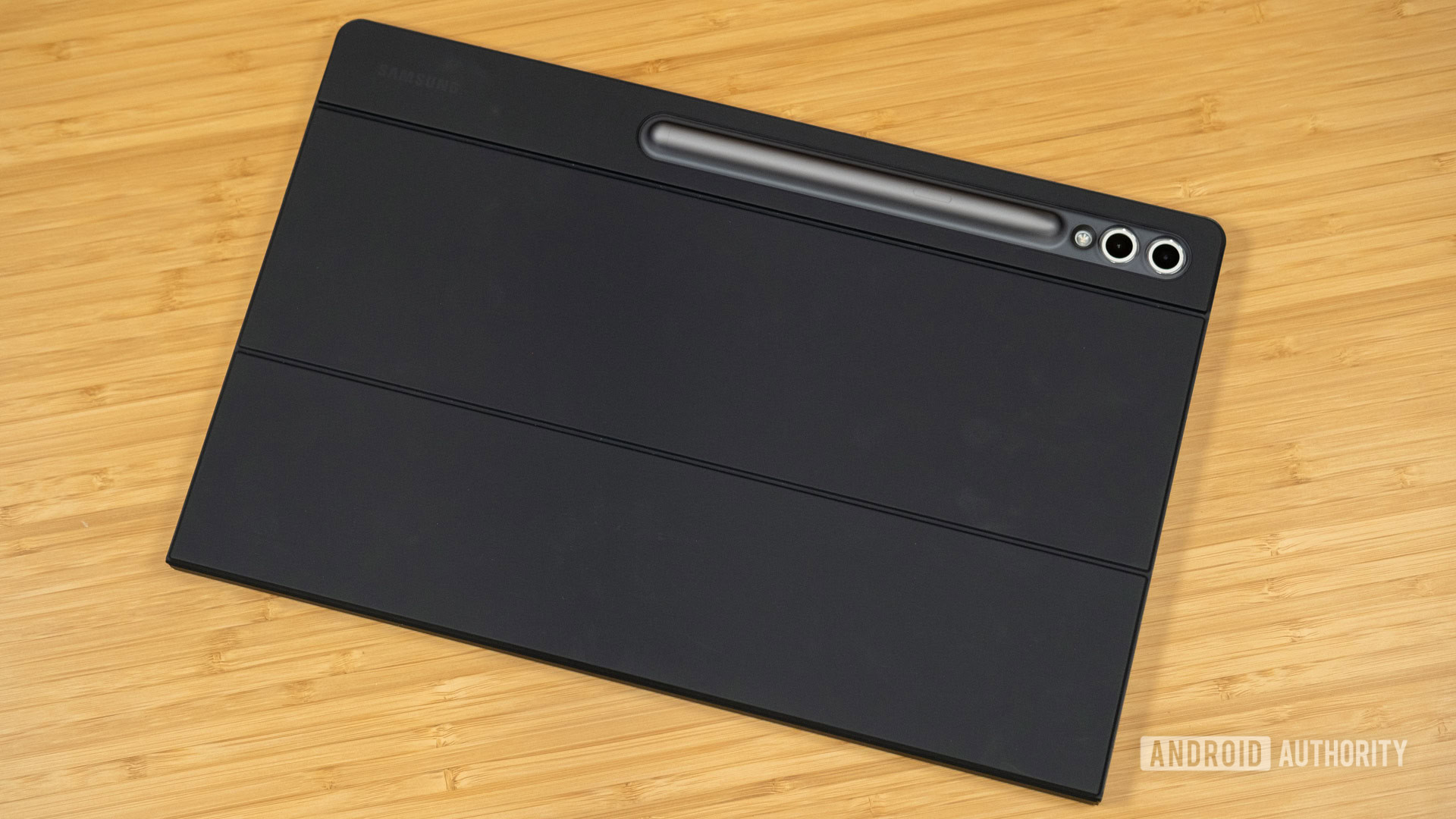
Thought Snapdragon 8 Elite was a monster? Here are the first 8 Elite Gen 2 specs.
Hadlee Simons6 hours ago
0
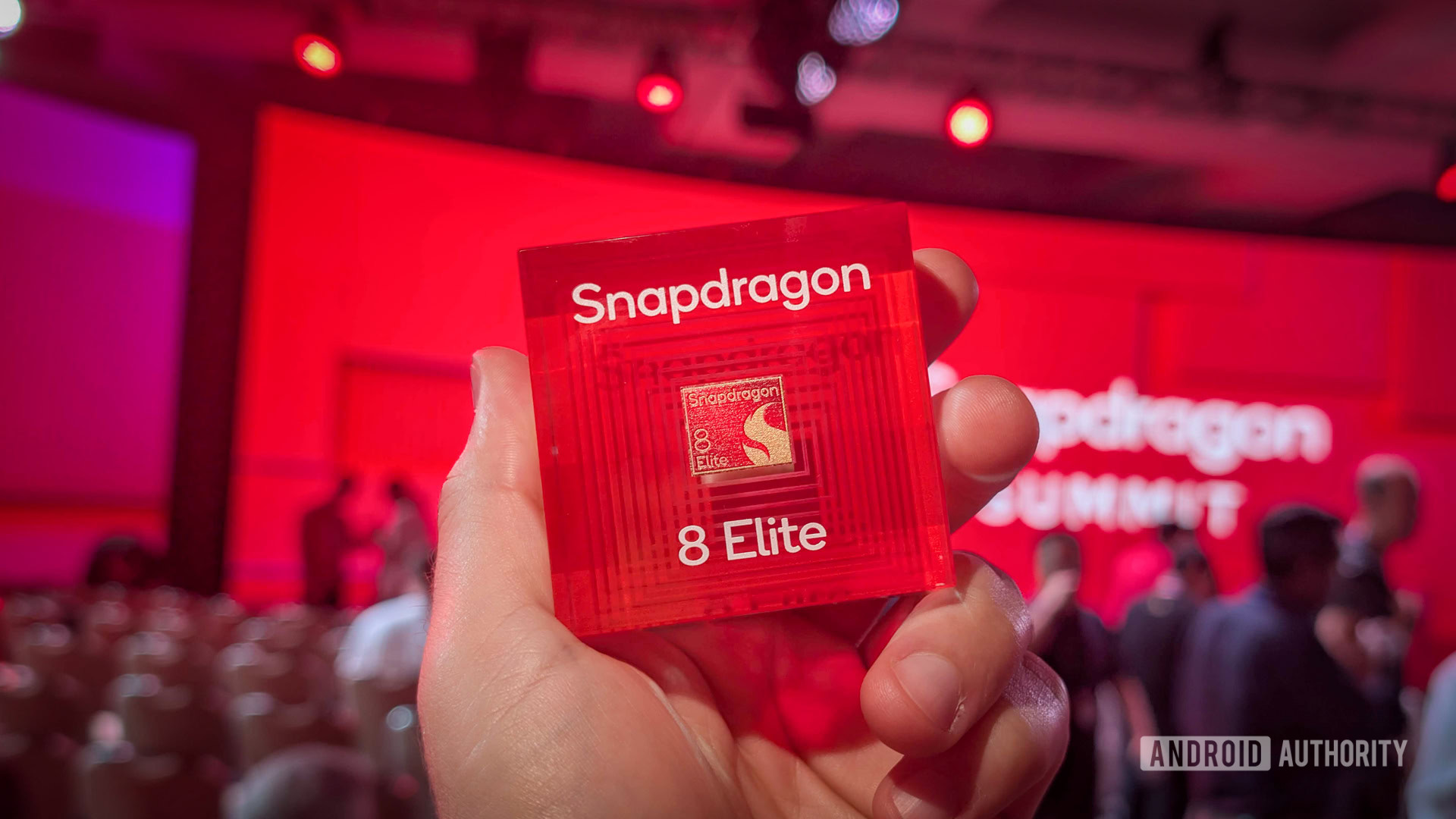
This new minimalist phone costs as much as the Galaxy S25
Pranob Mehrotra7 hours ago
0
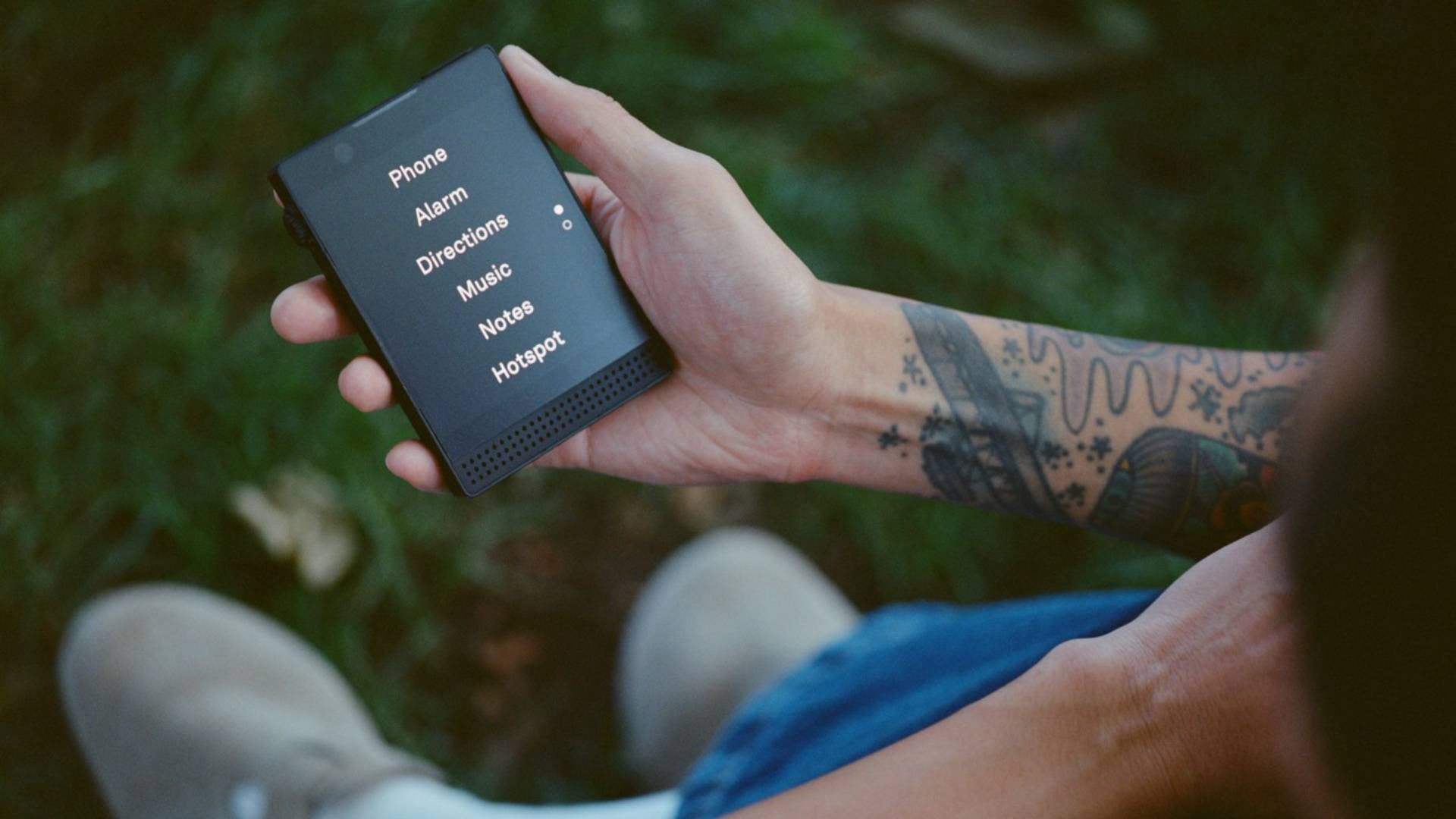
Creator of new Pebble OS watches reveals info about color options, design quirks, and more
Matt Horne8 hours ago
0
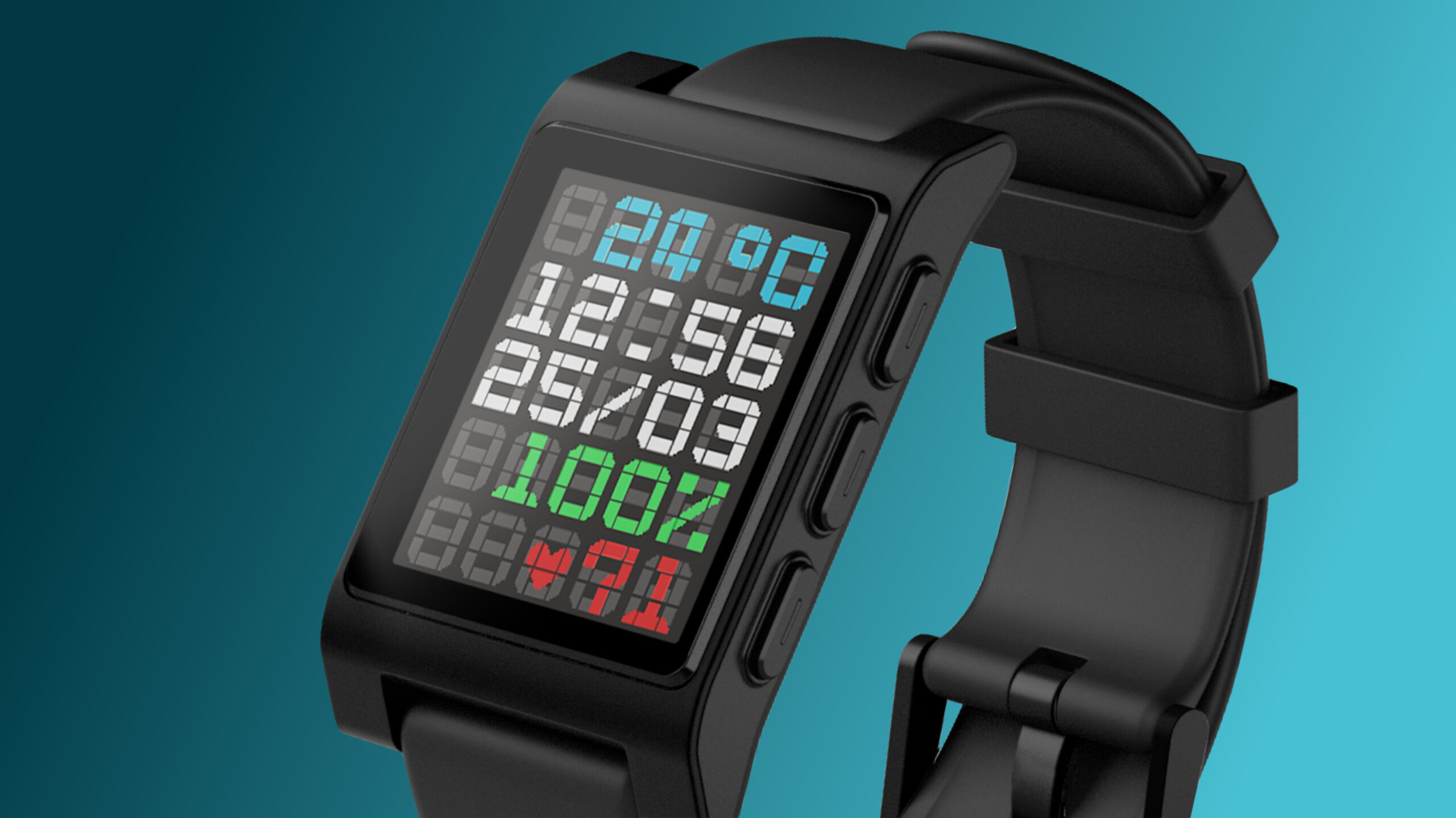
The AYANEO Pocket ACE is a compact powerhouse with retro charm
Nick Fernandez10 hours ago
0
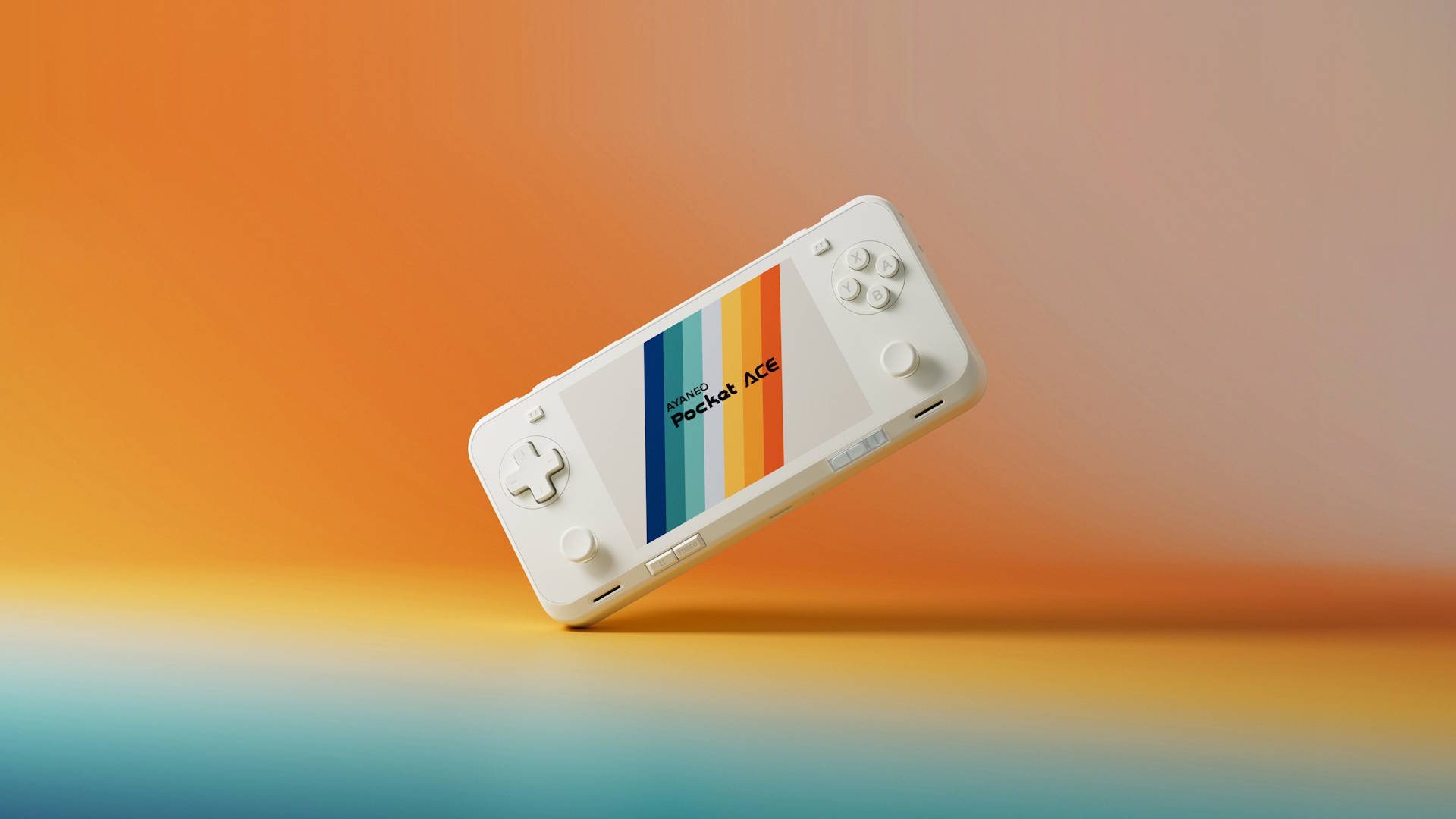
Got butter fingers? The latest Gorilla Glass can withstand lots of drops.
Hadlee Simons10 hours ago
0
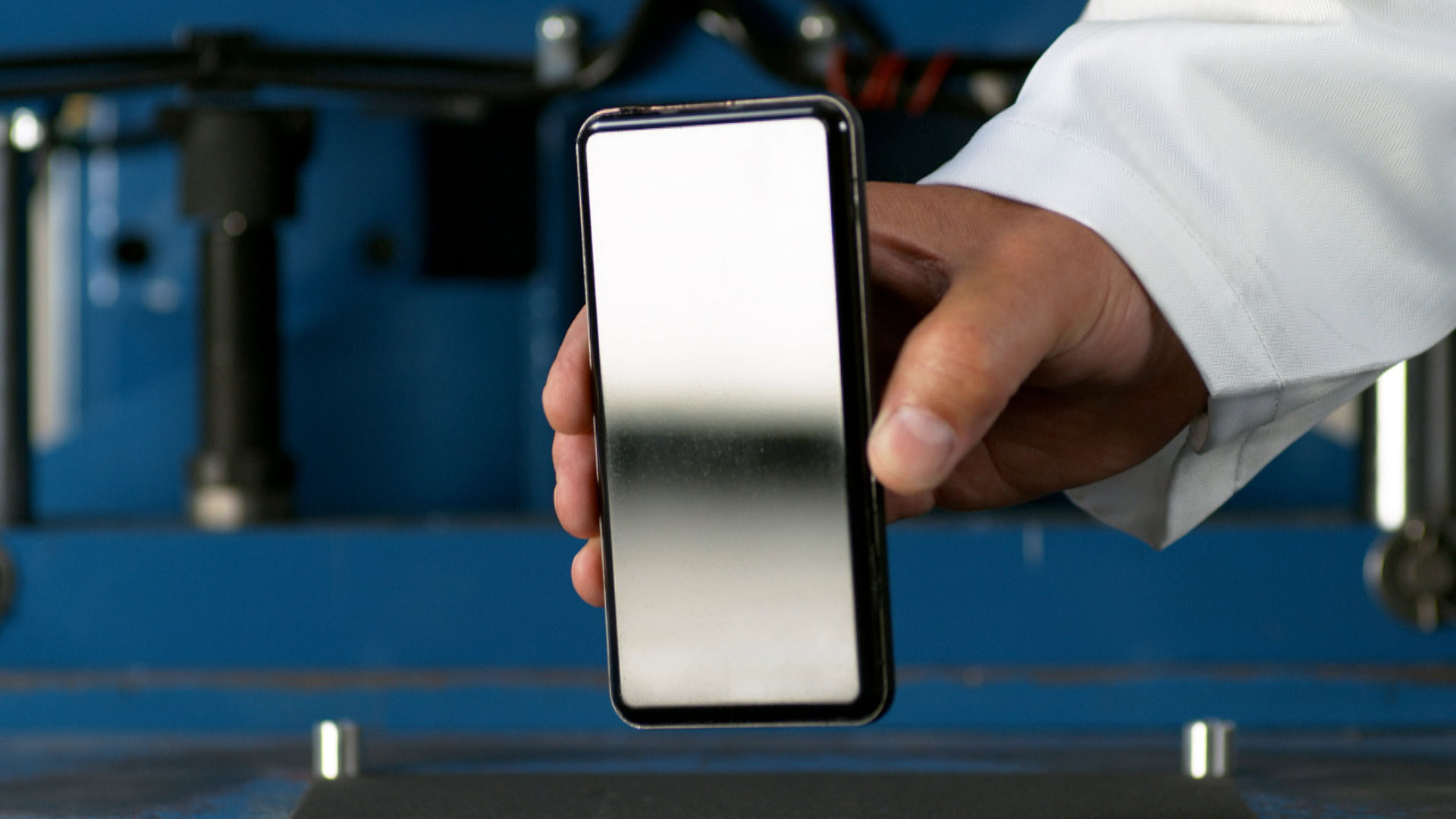
Ever wanted to play games on your Android Auto screen? There's good news.
Hadlee Simons13 hours ago
0
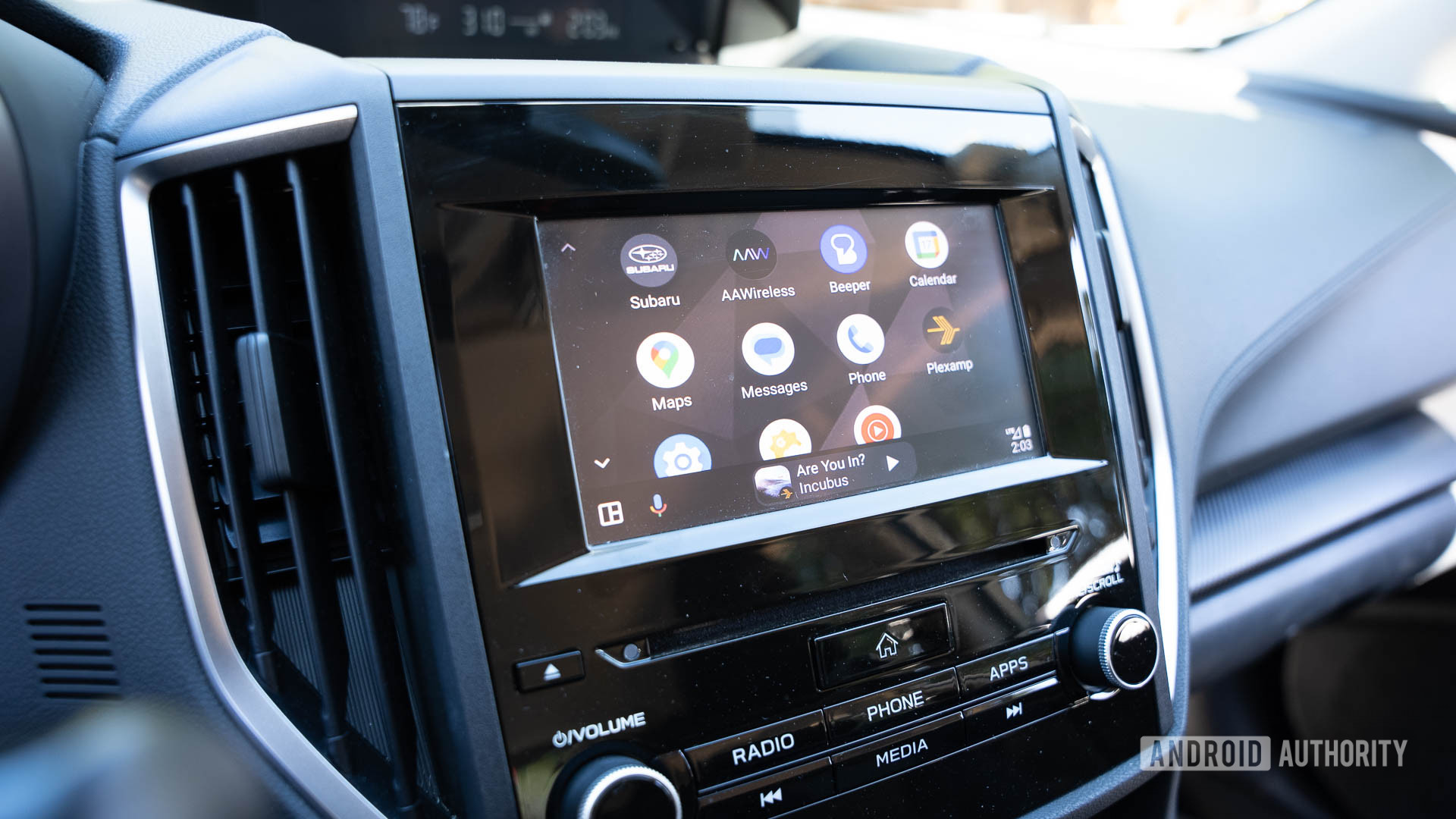
Abxylute's new handheld may be the perfect device for your portable emulation needs
Ryan McNealMarch 27, 2025
0
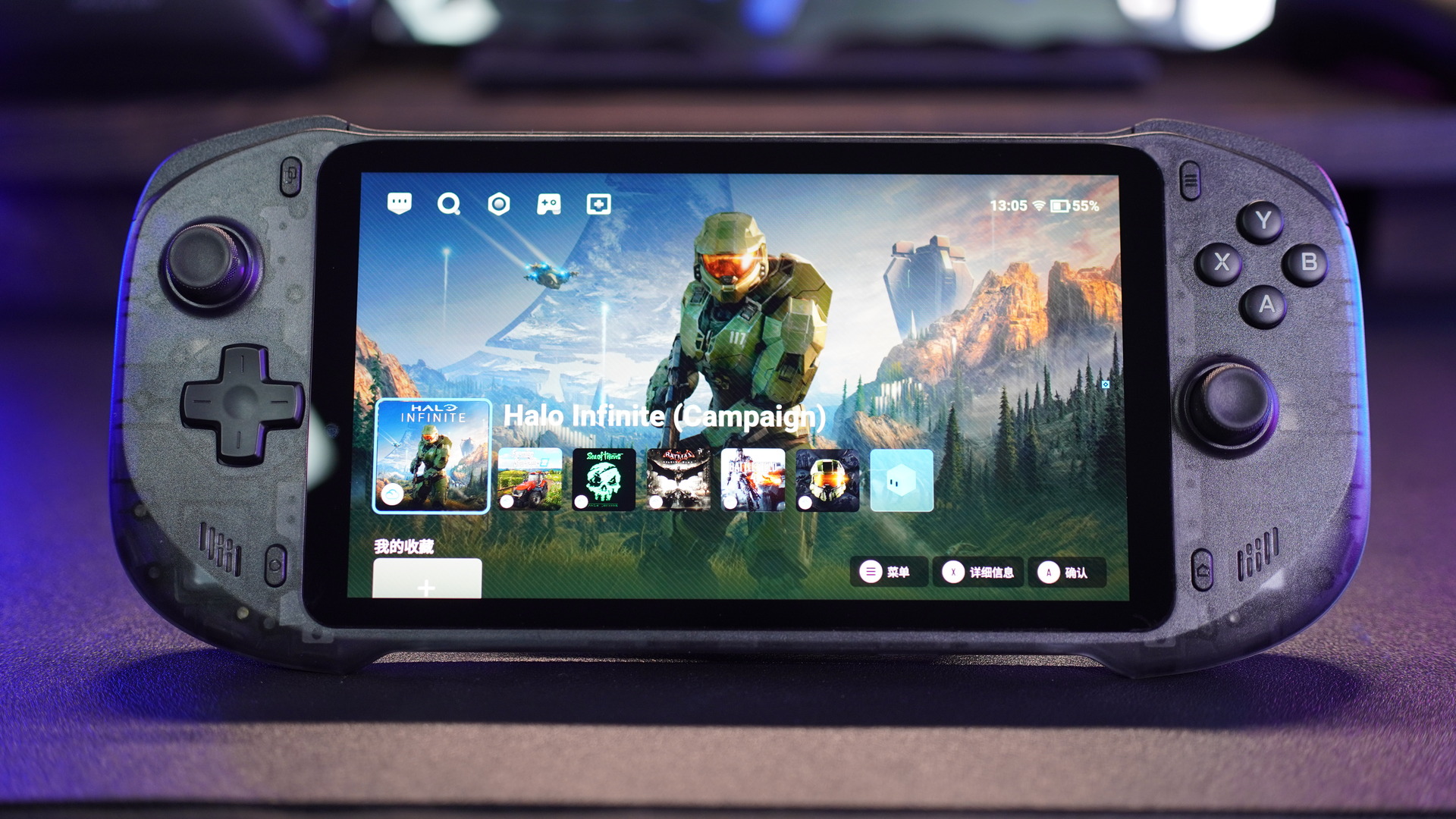
AT&T pulls the plug on an old-school texting feature you probably didn't even know you had
Rushil AgrawalMarch 27, 2025
0
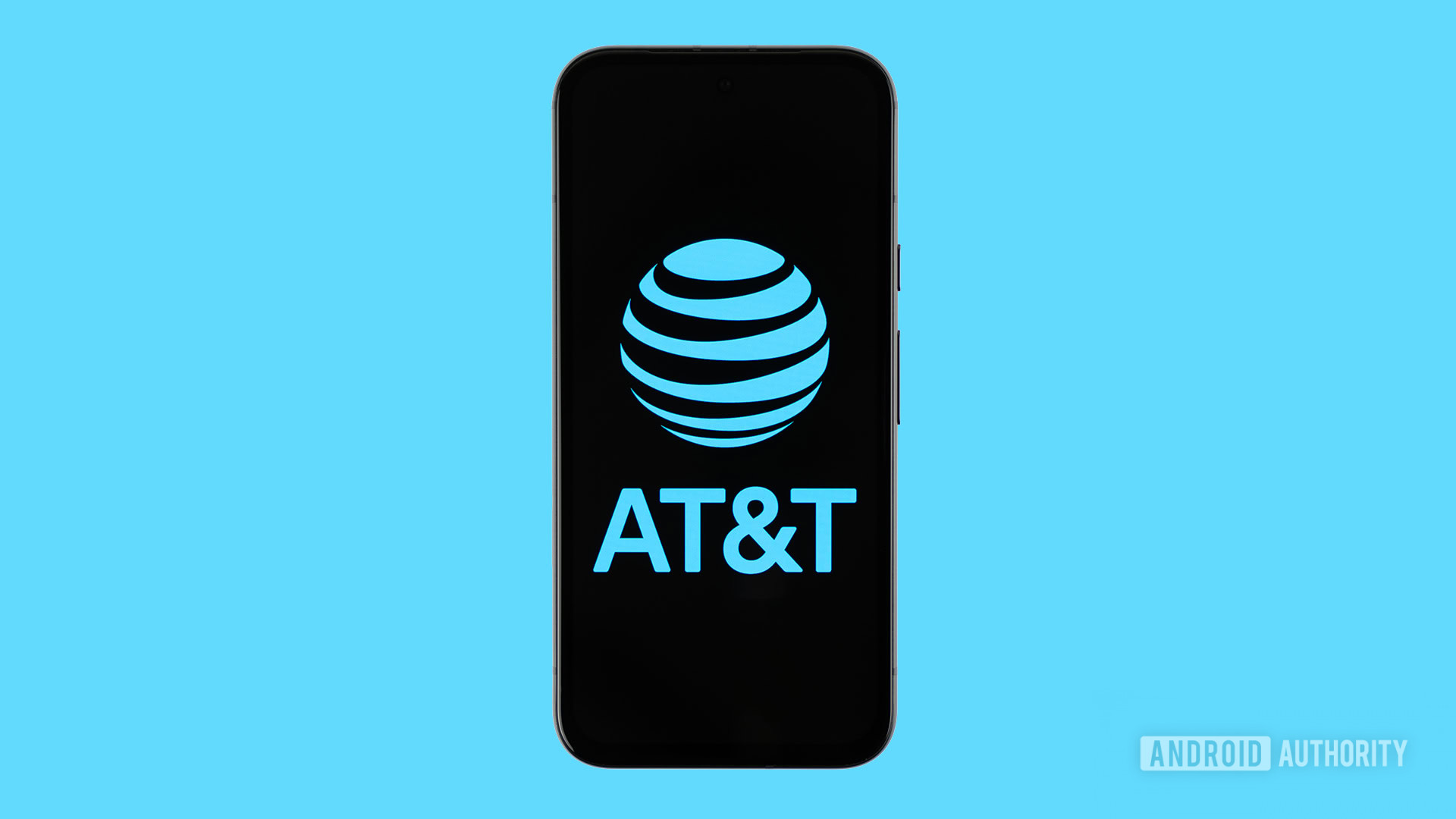
Samsung’s slick new lock screen fumbles sports scores on the Galaxy S24
Matt HorneMarch 27, 2025
0
